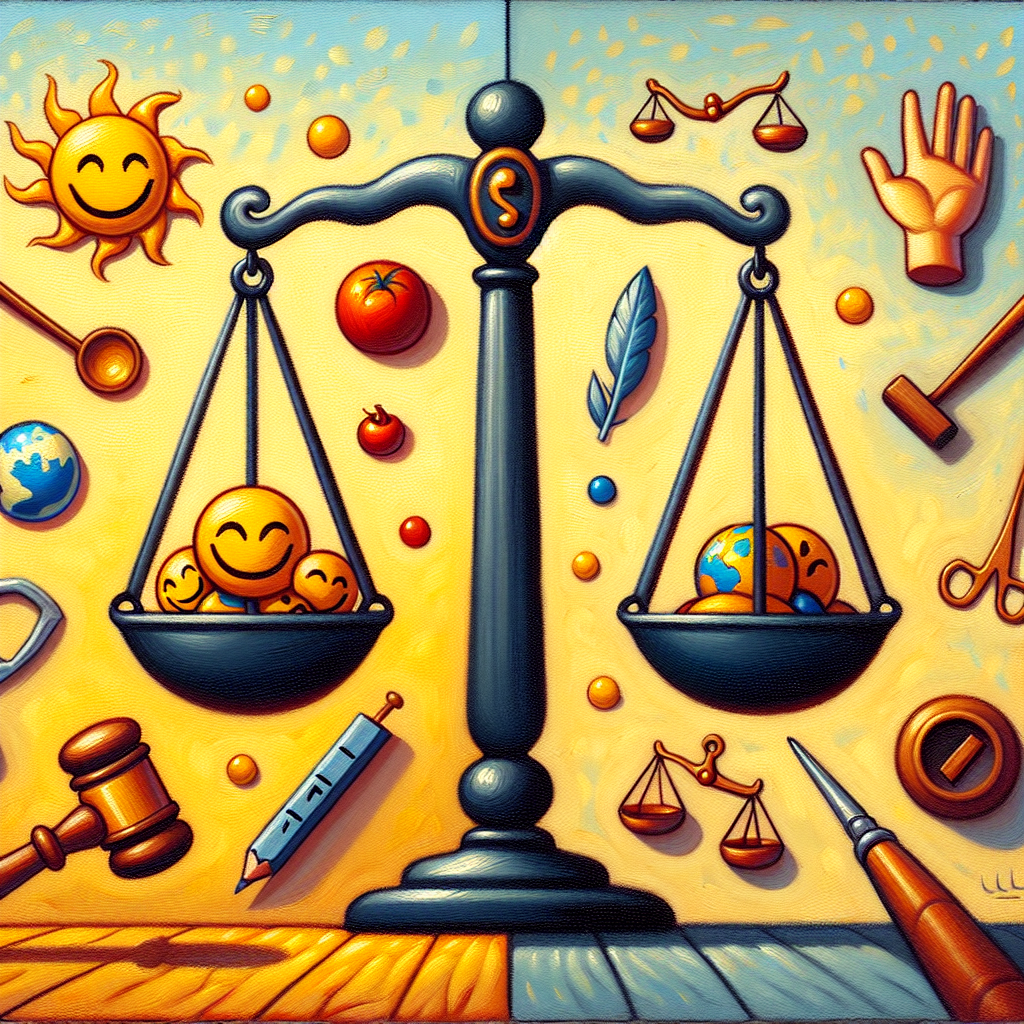The Ethical Dilemma: Exploring Utilitarianism vs Deontology

Understanding the Foundations of Utilitarianism and Deontology
In the realm of ethics and morality, two prominent philosophical theories reign supreme: Utilitarianism and Deontology. These two ethical frameworks provide contrasting approaches to determining what is morally right or wrong.
Utilitarianism: The Greatest Good for the Greatest Number
Utilitarianism, popularized by philosophers such as Jeremy Bentham and John Stuart Mill, posits that the moral worth of an action is determined by its outcome. According to this theory, the right course of action is the one that produces the greatest overall happiness or pleasure for the greatest number of individuals. In essence, Utilitarianism prioritizes the collective well-being over individual interests.
Deontology: Following Moral Rules and Duties
In contrast, Deontology, championed by Immanuel Kant, places emphasis on moral rules and duties that guide our actions. According to this theory, the morality of an action is not solely determined by its consequences, but by the inherent nature of the action itself. Deontology holds that certain actions are inherently right or wrong, regardless of their outcomes.
The Ethical Dilemma: Which Theory Reigns Supreme?
When faced with ethical dilemmas, individuals often find themselves torn between the principles of Utilitarianism and Deontology. For instance, imagine a scenario where a doctor must decide whether to perform surgery on a terminally ill patient. Utilitarianism would advocate for the course of action that maximizes overall well-being, potentially advocating for the surgery if it offers a chance of prolonged life and happiness. On the other hand, Deontology might argue against the surgery if it violates the moral duty to do no harm.
Finding Common Ground: A Case for Ethical Pluralism
In reality, the choice between Utilitarianism and Deontology is not always clear-cut. Both theories have their strengths and weaknesses, and neither offers a perfect solution to every ethical dilemma. As such, some philosophers advocate for Ethical Pluralism, which incorporates elements of both Utilitarianism and Deontology, as well as other ethical theories. By taking a holistic approach to ethics, individuals can consider a broader range of factors when making moral decisions.
In conclusion, the debate between Utilitarianism and Deontology continues to spark discussion and contention within the field of ethics. While each theory offers valuable insights into moral decision-making, it is essential to recognize the complexity of ethical dilemmas and the limitations of any single ethical framework. Ultimately, the quest for ethical guidance is an ongoing journey that requires careful consideration and reflection.